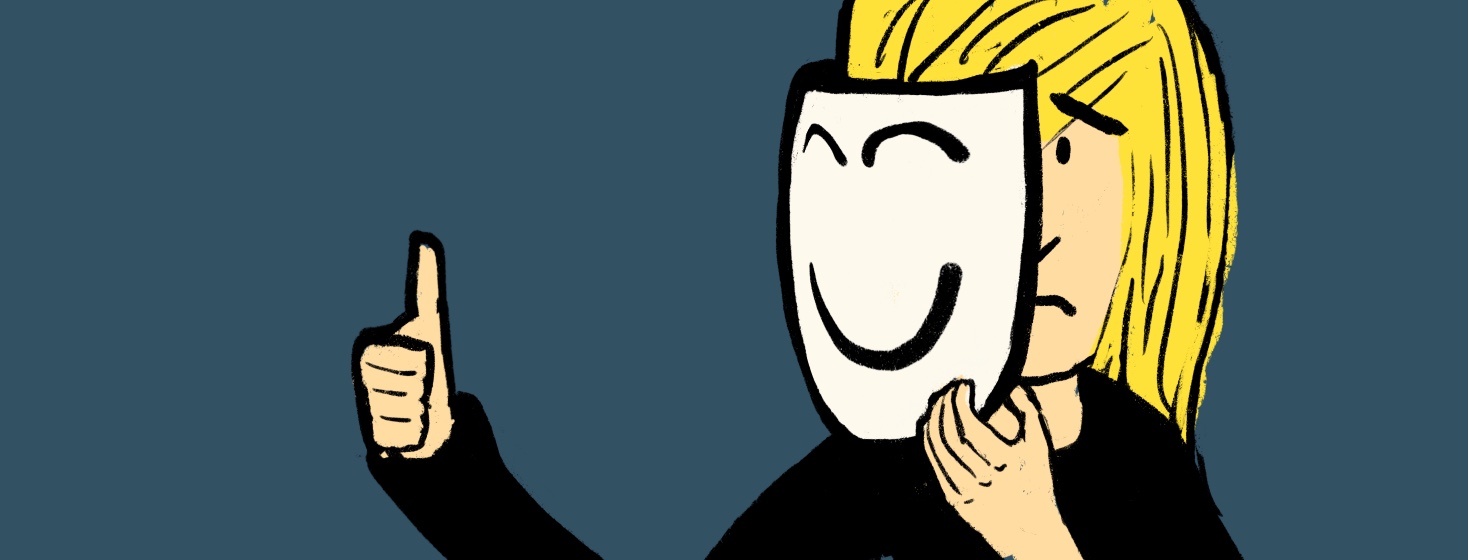I’m Fine, (Not) Really
Have you ever said "I’m fine", even when you weren’t because you knew, or thought you knew, people wouldn’t understand how bad it really is, or worse, might pity you? Most of us have, at one time or another.
"I'm fine"
There are times when “I’m fine” is the perfect response, the person we’re answering doesn’t want, or need, to know we’re not. But other times, such as when our child, spouse, or good friend picks up on something, it could help to be honest.
Admitting we need help
Sometimes, admitting we need help is necessary. Just as a short person like me asks a tall person walking by to reach something from the top shelf in the grocery store
Some of us downplay our less than perfect vision, less than perfect health, while others routinely overstate the problems they may have. Will we ever reach a time when we feel comfortable with the truth of our imperfect selves? A time when we don’t need to hide who we really are.
Hiding our vision loss
Do you try to hide the fact that you’re struggling when trying to read a menu in the less-than-great restaurant lighting? When it’s noticed, do you answer that it’s just the low light or you’ve forgotten your glasses? Never admitting that glasses are not going to help when your eyes just don’t get enough light anymore.
Why is it that we often try to minimize, or even hide completely, these parts of our bodies, of our lives? Is it that we don’t want to be seen as “less than”? Or be seen as “ the complainer”? Are we worried that our friends will think differently about us? Or worse, stop including us?
Are we afraid?
Do we think we’ll be seen as more vulnerable? That we might not maintain control over how others see us? Is it a way of preserving our self-esteem? A way that might keep us just the same as our able-bodied, visually competent friends. Not different in ways our conditions actually make us different. But perhaps those friends are doing the same, hiding what they consider a less than perfect, life.
If we did admit to our health condition, whatever the problem, how bad might it be? We could find that a friend is also holding back something, or has a family member in a similar circumstance. As long as we don’t become a whiner, that one who can only talk about their own problems, our friends will still be there.
Perhaps we feel no matter how bad it is, it’s as good as it gets. Wasn’t it just the last generation who had no Areds medications, no anti-VEGF injections? At least we’ve gained those. But we’ve learned not to admit we’re actually human, and perhaps a little broken. So we change the subject.
Is it time to take of the mask?
We don’t need to talk about our problem constantly, but admitting there is one, is a good start. Both with ourselves and with our friends and family. Time to show some self-compassion. Time to take off the mask.

Join the conversation